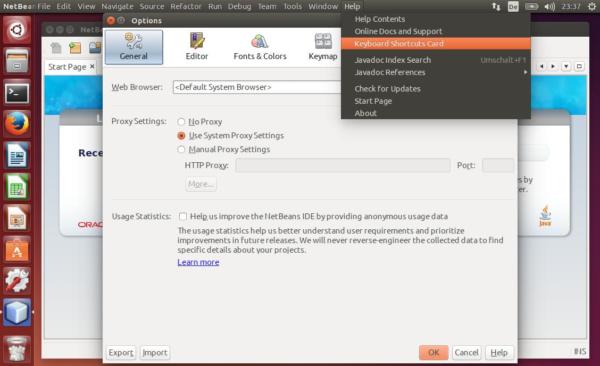

- Sudo apt get install openjdk 7 jre how to#
- Sudo apt get install openjdk 7 jre update#
- Sudo apt get install openjdk 7 jre manual#
- Sudo apt get install openjdk 7 jre upgrade#
- Sudo apt get install openjdk 7 jre full#
If it returns the just set path, the environment variable has been set successfully. That should be enough to set the environment variable.

Press enter to keep the current choice, or type selection number:
Sudo apt get install openjdk 7 jre manual#
* 0 /usr/lib/jvm/java-8-oracle/jre/bin/java 1062 auto modeġ /usr/lib/jvm/java-6-openjdk-amd64/jre/bin/java 1061 manual modeĢ /usr/lib/jvm/java-7-oracle/jre/bin/java 1062 manual mode Verify if Java was successfully installed on your system by typing java -version in the. Similarly, you can install Open JRE on your system as well: sudo apt install default-jre. sudo apt install default-jdk Type in y and press Enter to confirm the installation. sudo apt-get install adoptopenjdk-11-hotspot Deb installation on Raspberry Pi OS, Linux Mint and other Debian-based distributions Raspberry Pi OS (formerly known as Raspbian), Linux Mint and other Debian- and Ubuntu-based distributions are usually based on a specific Debian or Ubuntu release.
Sudo apt get install openjdk 7 jre update#
There are 2 choices for the alternative java (providing /usr/bin/java). sudo apt-get update Issue the following command in order to download OpenJDK.

Sudo apt get install openjdk 7 jre how to#
This section will instruct you on how to set the JAVA_HOME and PATH environment variables to help ensure that your Java applications will run without issue.
Sudo apt get install openjdk 7 jre full#
If you have chosen to install the full OpenJDK development kit, check the version of the compiler as well: javac -versionĪs of the time of this publication, this command should return: javac 11.0.7 OpenJDK 64-Bit Server VM (build 11.0.7+10-post-Ubuntu-3ubuntu1, mixed mode, sharing) OpenJDK Runtime Environment (build 11.0.7+10-post-Ubuntu-3ubuntu1) This is generally slower than running applications that have already been compiled into Java bytecode, and may not be suitable for frequent application execution.Ĭheck the version of the JRE to verify that it has been properly installed: java -versionĪs of the time of this publication, this command should return: openjdk version "11.0.7" While you can run Java applications directly with the JRE, your applications will be compiled every time they are executed. Install the OpenJDK 11 development kit, which includes OpenJRE 11: sudo apt-get install openjdk-11-jdkĪlternatively, if you simply want to run Java applications that you have already downloaded, you can choose to only install OpenJRE 11: sudo apt-get install openjdk-11-jre
Sudo apt get install openjdk 7 jre upgrade#
This guide will use sudo commands wherever possible, which should be run by a limited, non-root user on your Linode.Įnsure your system is up-to-date: sudo apt-get update & sudo apt-get upgrade Securing Your Server to create a standard user account, harden SSH access and remove unnecessary network services. Getting Started guide and complete the steps for connecting to your Linode with SSH and setting your Linode’s hostname and timezone. For this reason, OpenJDK 11 is the recommended version for developing production applications. While there are many available versions of OpenJDK, version 11 is the latest Long-Term-Support (LTS) release as of the time of this guide’s publication. OpenJDK and Java SE are equivalent JDKs that include a Java runtime environment (JRE) and tools for developing and compiling Java applications. OpenJDK is the free and open-source implementation of the Oracle Java Standard Edition (Java SE) Development Kit. This guide will show you how to install the Open Java Development Kit (OpenJDK) 11 on Ubuntu 20.04. Software written in Java can be compiled and run on any system, making Java a versatile platform that can be used to create anything from software to basic web applications. Java is one of the world’s most popular programming languages.


 0 kommentar(er)
0 kommentar(er)
